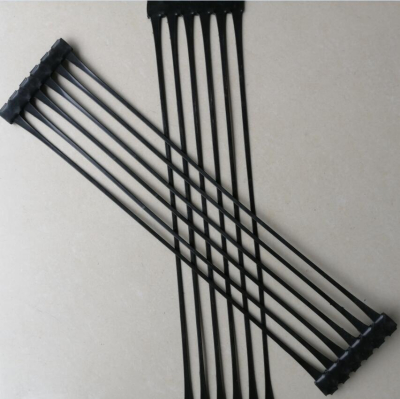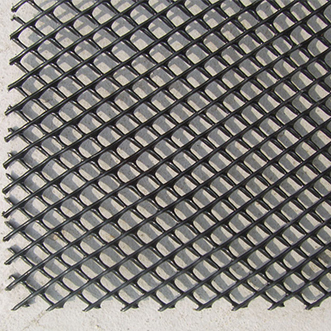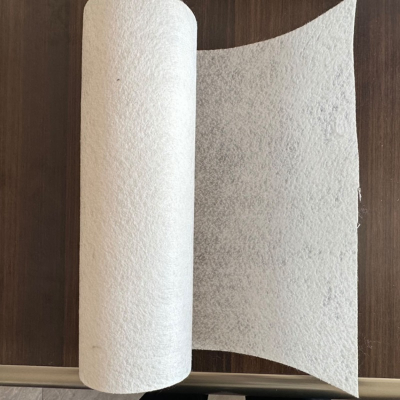Terraplast Geotex
Terraplast Geotex and other quality geotextile products offer a range of advantages and technical features that make them essential components in various civil engineering and construction projects. Their versatility, durability, and effectiveness contribute to enhanced project performance, sustainability, and long-term stability.
Here is a general overview of the advantages and technical features of geotextile products, including those that could be associated with a hypothetical brand like Terraplast Geotex:
Terraplast Geotex – Advantages and Technical Features
Advantages:
Soil Stabilization: Geotextiles are effective in stabilizing soil by adding strength and reinforcement to various construction projects, including roads, embankments, and retaining walls.
Erosion Control: Geotextiles help prevent soil erosion in vulnerable areas such as slopes, riverbanks, and coastal regions by providing a protective barrier against water runoff and wind.
Drainage Improvement: These products enhance drainage systems by promoting the efficient flow of water while preventing soil particles from clogging drainage pathways.
Separation and Filtration: Geotextiles act as a barrier between different soil layers, preventing mixing while allowing water to pass through, thus ensuring filtration and separation of materials.
Longevity and Durability: Geotextiles are designed to withstand environmental factors such as UV exposure, chemicals, and biological degradation, ensuring long-term performance and durability.
Technical Features:
Material Composition: Geotextiles are typically made from synthetic materials such as polypropylene or polyester, offering high tensile strength and resistance to stretching and tearing.
Manufacturing Process: Geotextiles are produced using specialized techniques such as weaving, needle-punching, or heat-bonding, resulting in different types such as woven, non-woven, and composite geotextiles.
Permeability and Filtration: Geotextiles are designed with specific permeability rates to allow water to pass through while retaining soil particles, ensuring efficient filtration and drainage.
Customization Options: Geotextiles can be customized based on project requirements, including variations in thickness, weight, strength, and permeability properties to suit specific applications.
Quality Assurance: Geotextiles undergo rigorous quality control measures during production to meet industry standards and ensure consistent performance and reliability in diverse environmental conditions.
Product Parameter
Project | Performance indicators | |||||||
Nominal Strength,kN/m | 5 | 8 | 11 | 20 | 24 | 28 | 34 | 50 |
Longitudinal and Transverse Tensile Breaking Strength,kN/m | ≥5.0 | ≥8.0 | ≥11.0 | ≥20.0 | ≥24.0 | ≥28.0 | ≥34.0 | ≥50.0 |
Longitudinal and Transverse Elongation At Break | 50%~90% | |||||||
Longitudinal and Transverse Tearing Strength, kN | ≥0.15 | ≥0.24 | ≥0.35 | ≥0.42 | ≥0.50 | ≥0.58 | ≥0.65 | ≥0.90 |
CBR Top Break Power, kN | ≥1.0 | ≥1.7 | ≥2.5 | ≥3.5 | ≥4.3 | ≥5.3 | ≥6.2 | ≥7.0 |
Vertical and Horizontal Grip Strength, kN | ≥0.3 | ≥0.6 | ≥0.9 | ≥1.3 | ≥1.7 | ≥2.0 | ≥2.4 | ≥3.0 |
Thicknesses, mm | ≥1.2 | ≥1.6 | ≥1.8 | ≥2.4 | ≥2.8 | ≥3.0 | ≥3.2 | ≥3.4 |
Equivalent Pore Size, ο95 mm | 0.07~0.20 | |||||||
Vertical Permeability Coefficient,cm/s | ≤2.0×10-1 | |||||||
UV Strength Retention Rate | ≥80% | |||||||
Mass Per Unit Area,g/m2 | ≥100 | ≥150 | ≥200 | ≥300 | ≥400 | ≥500 | ≥600 | ≥800 |
Quality Deviation Per Unit Area | ±5% | ±4% | ±3% | |||||
Width Deviation | ±0.5% | |||||||
Tensile Strength of Geobags At Seams,kN/m | — | ≥6.5 | ≥9.0 | ≥16.0 | — | — | — | — |







